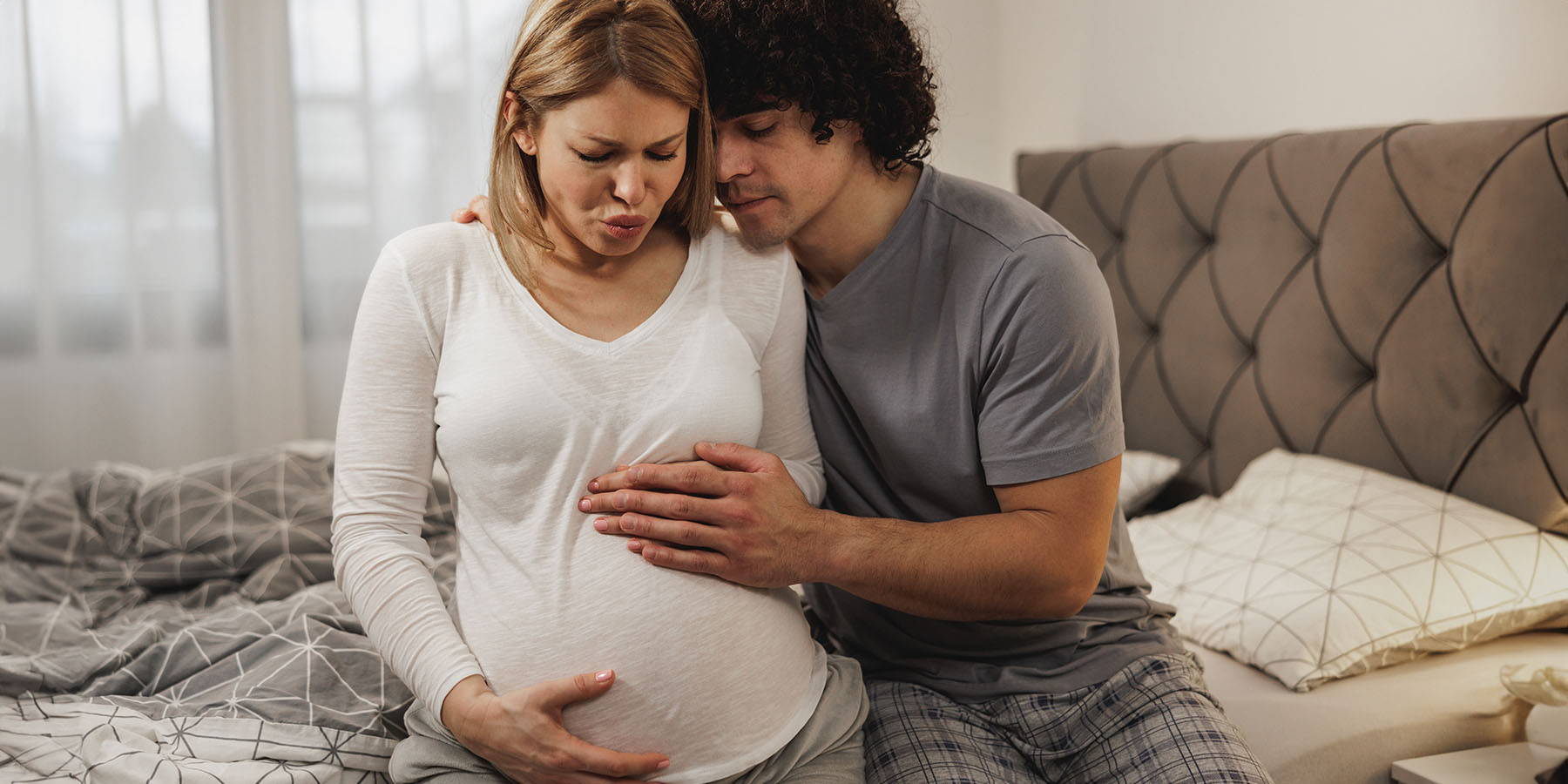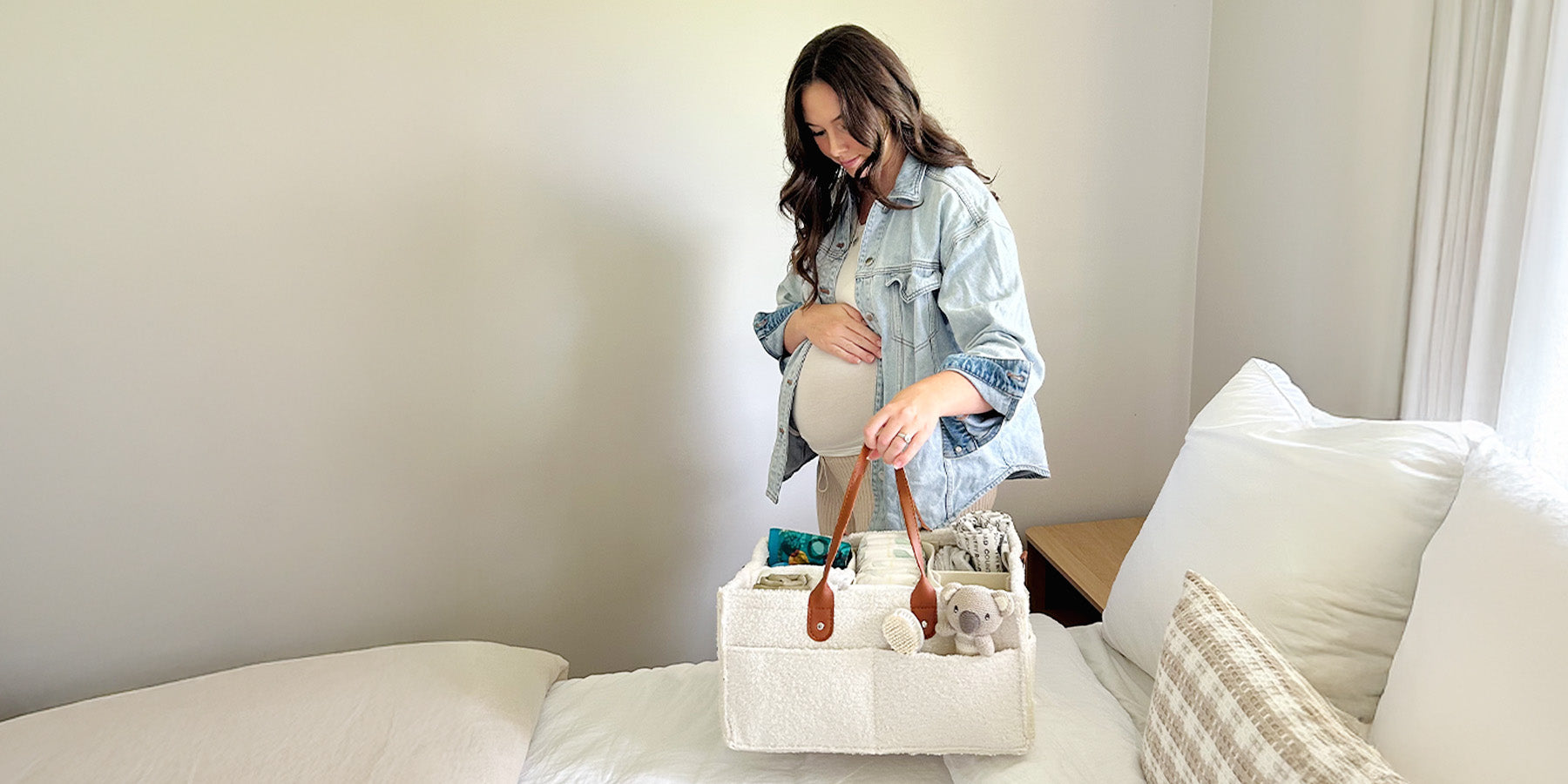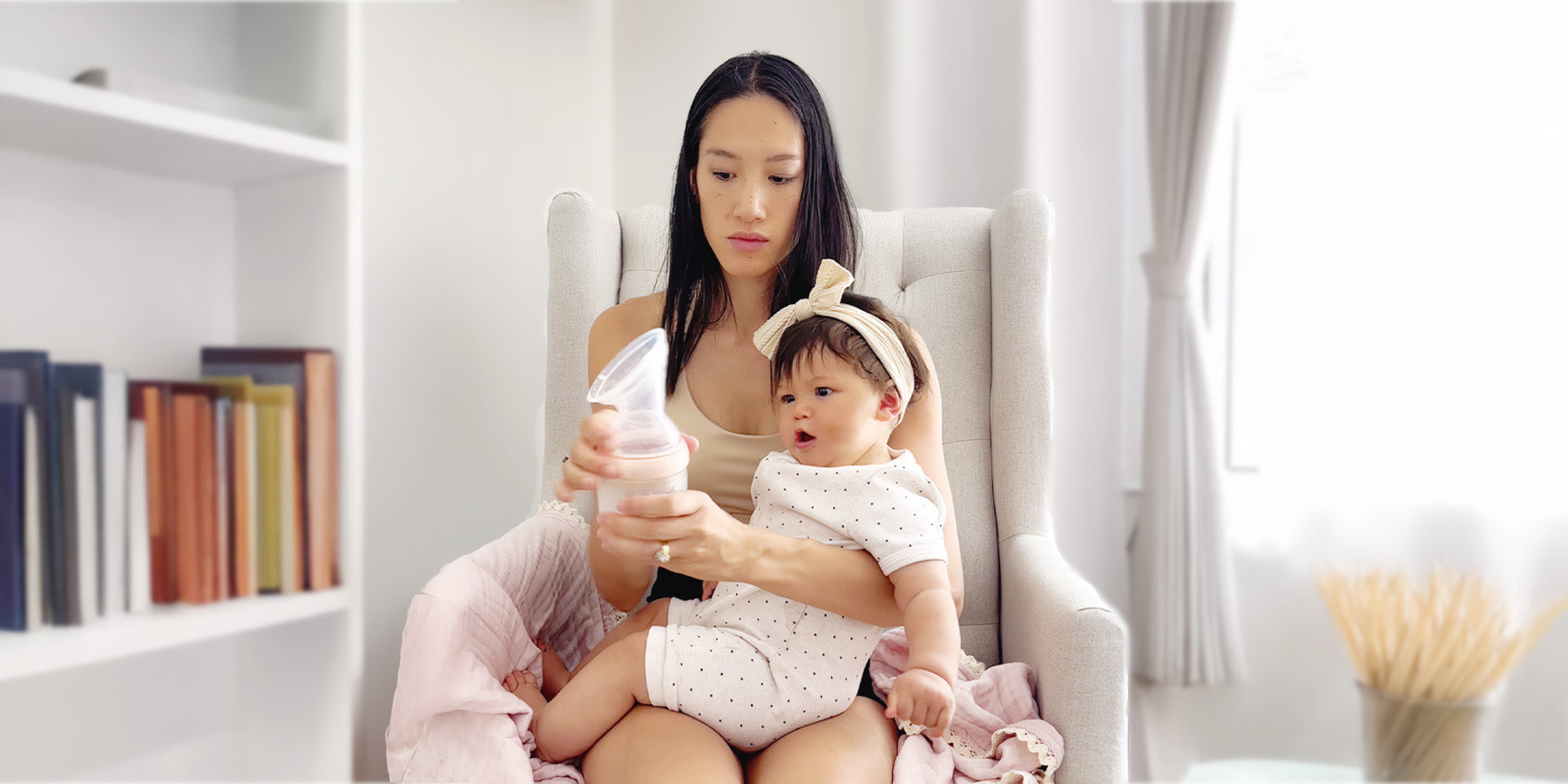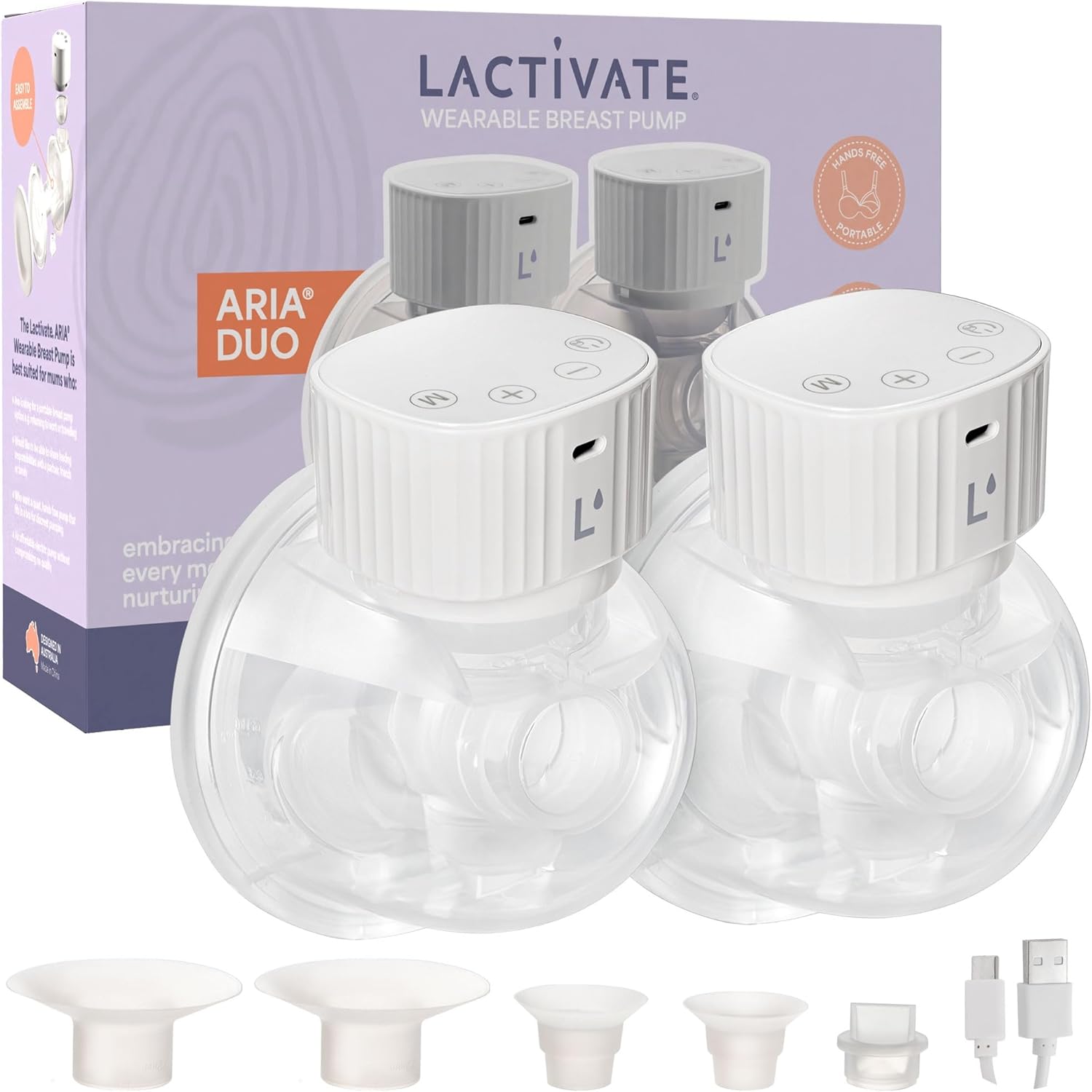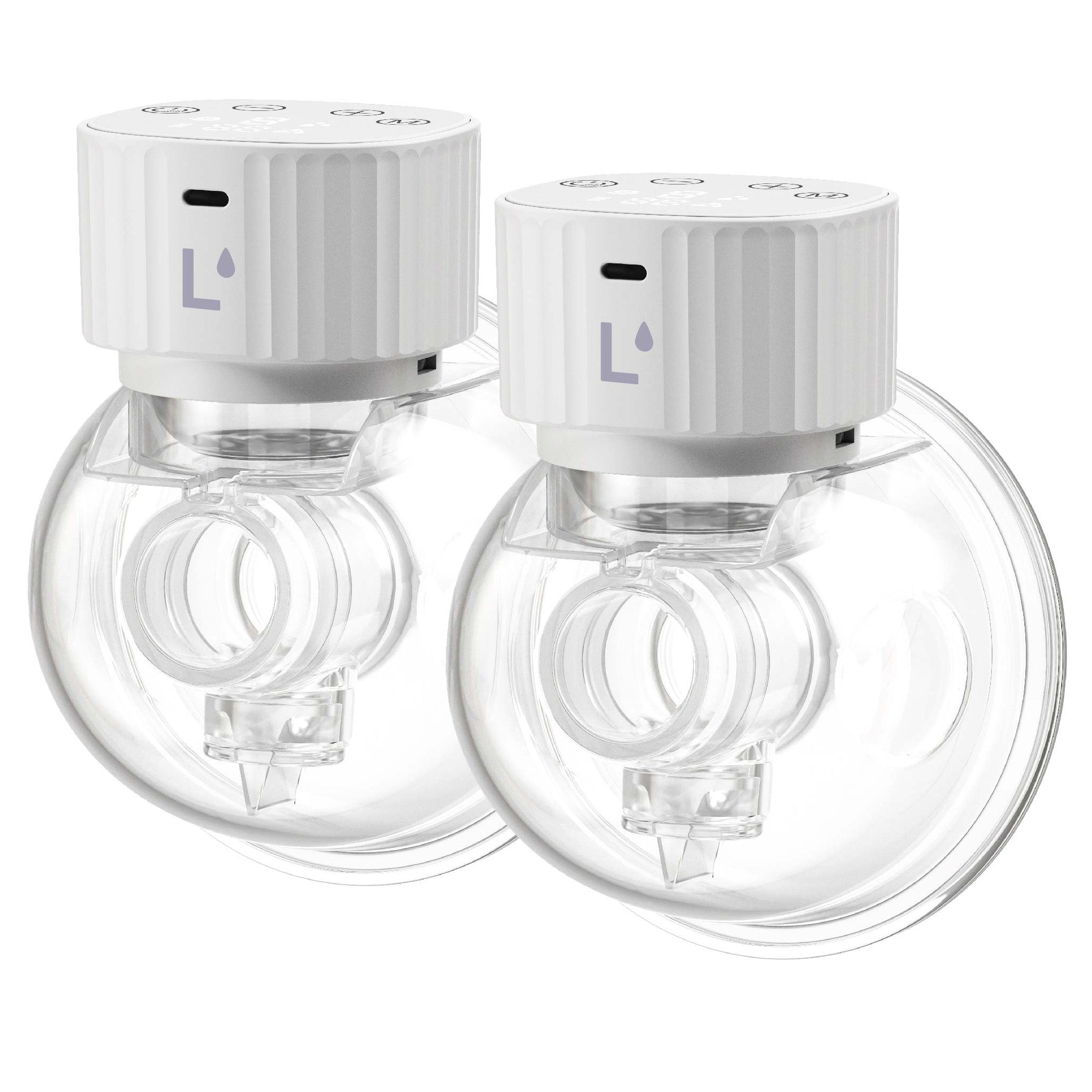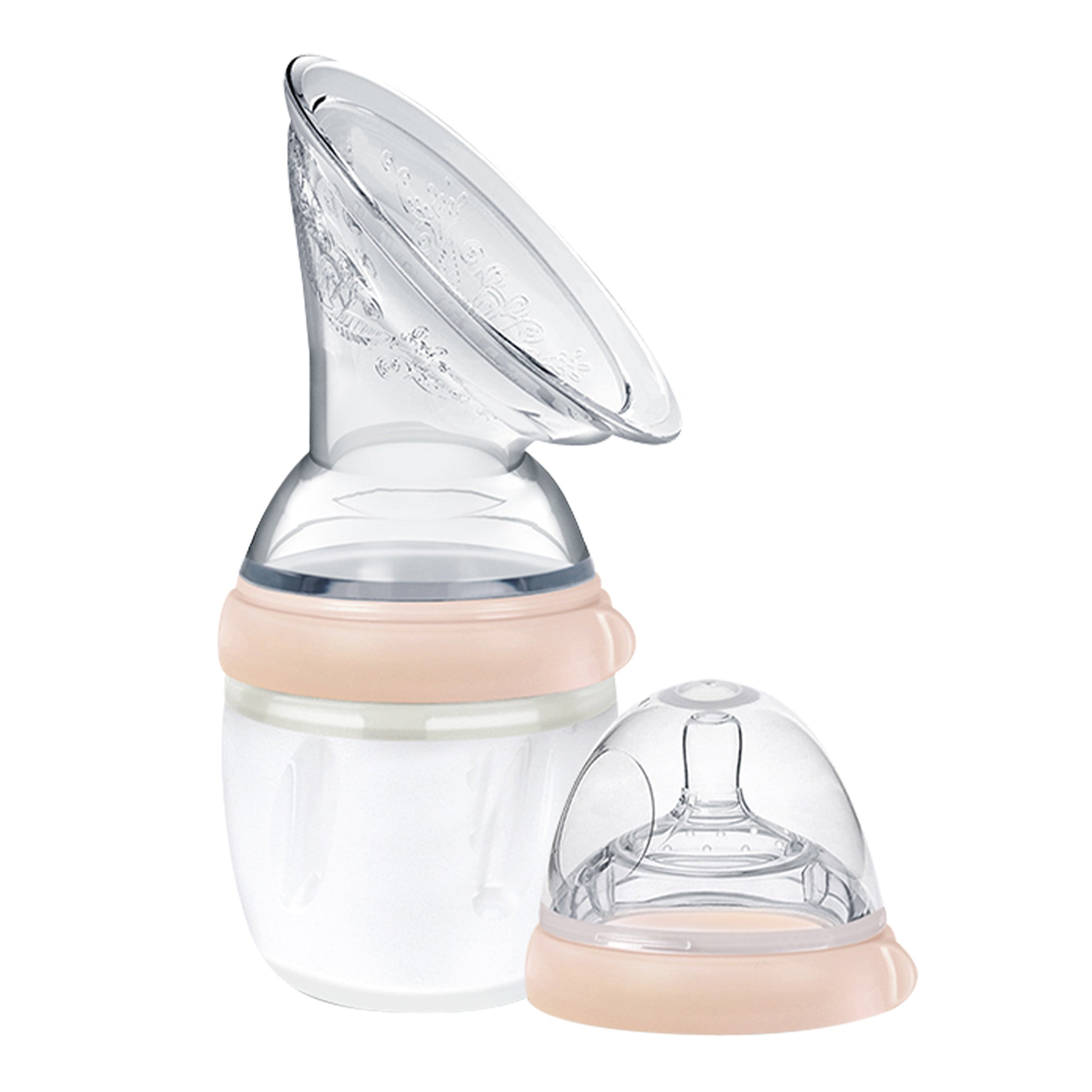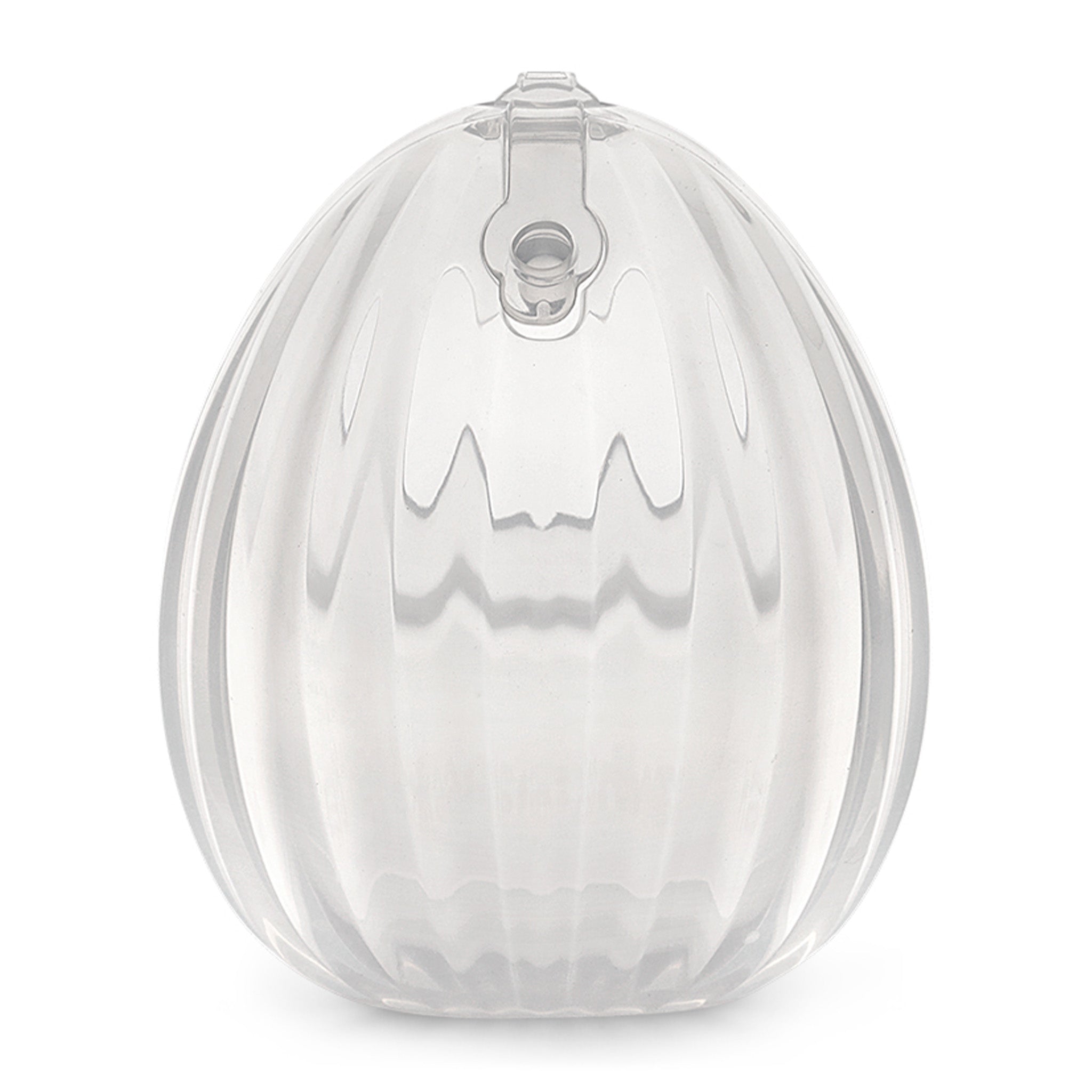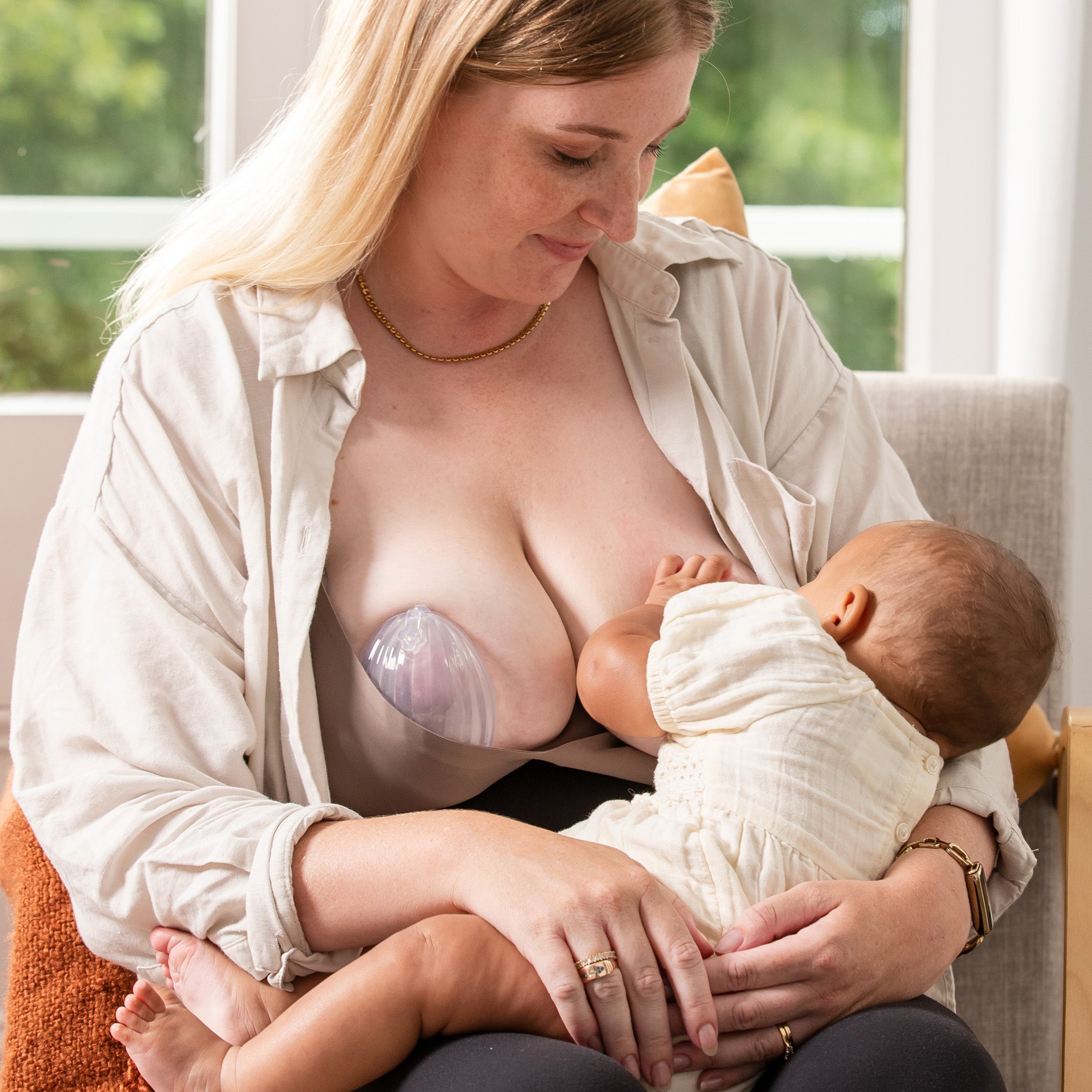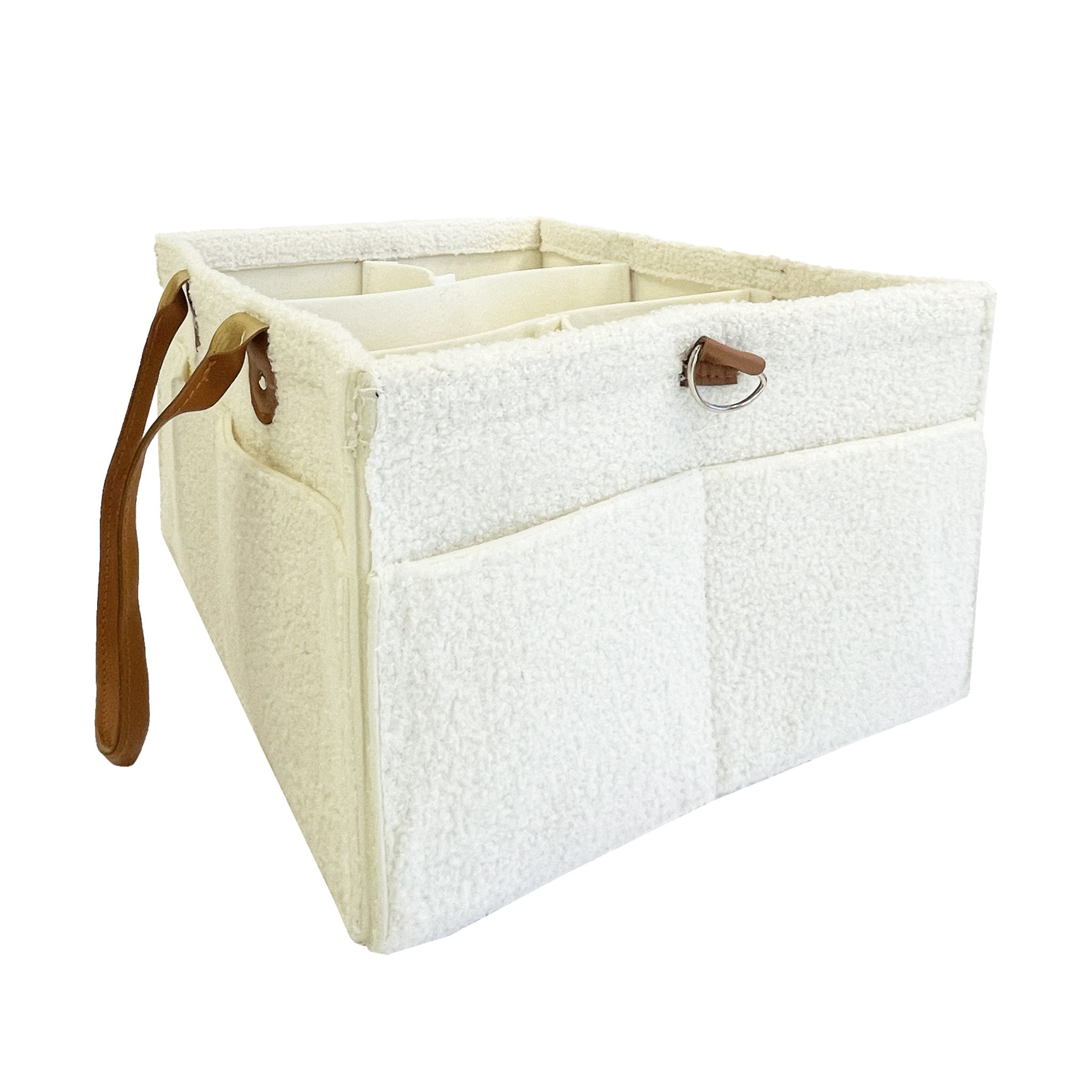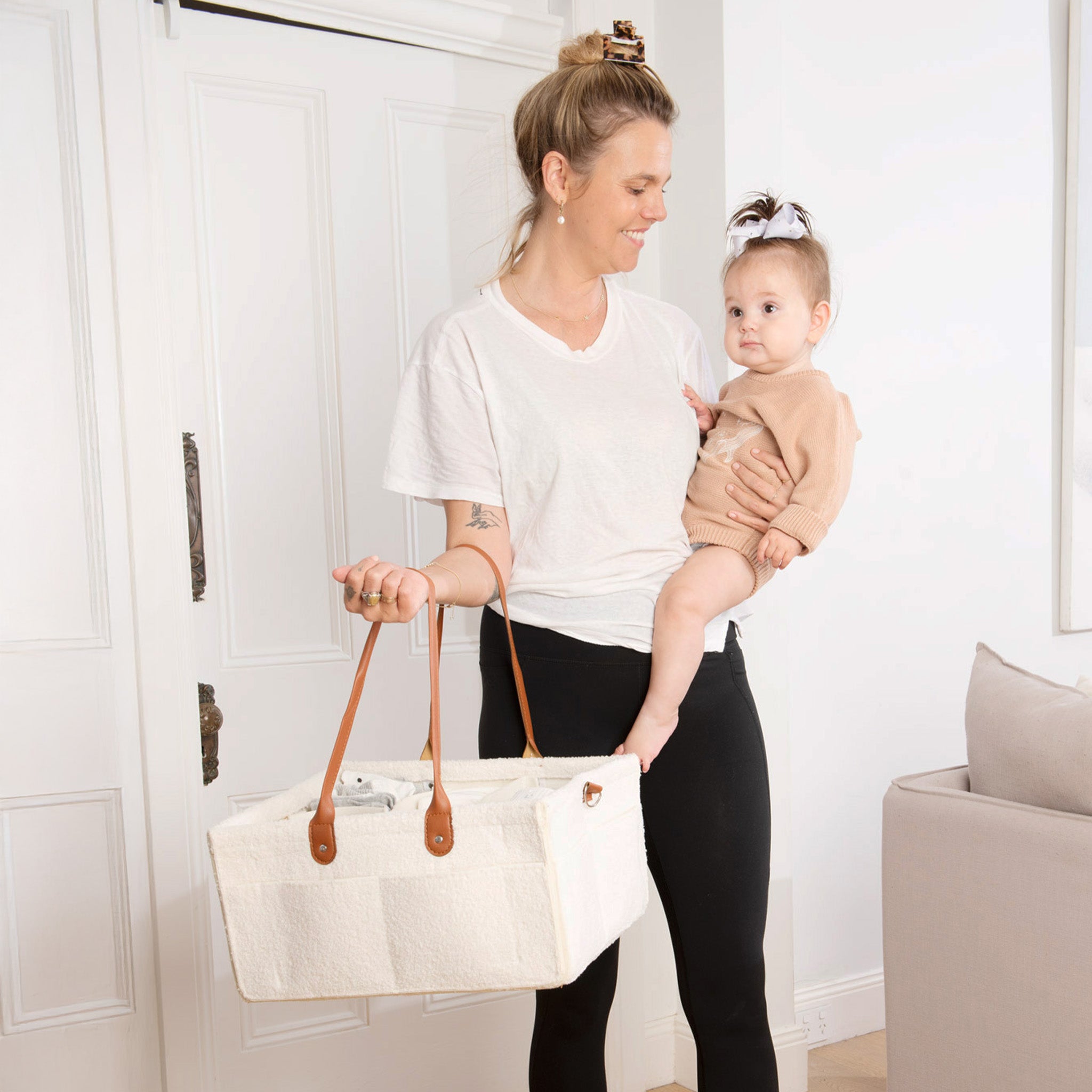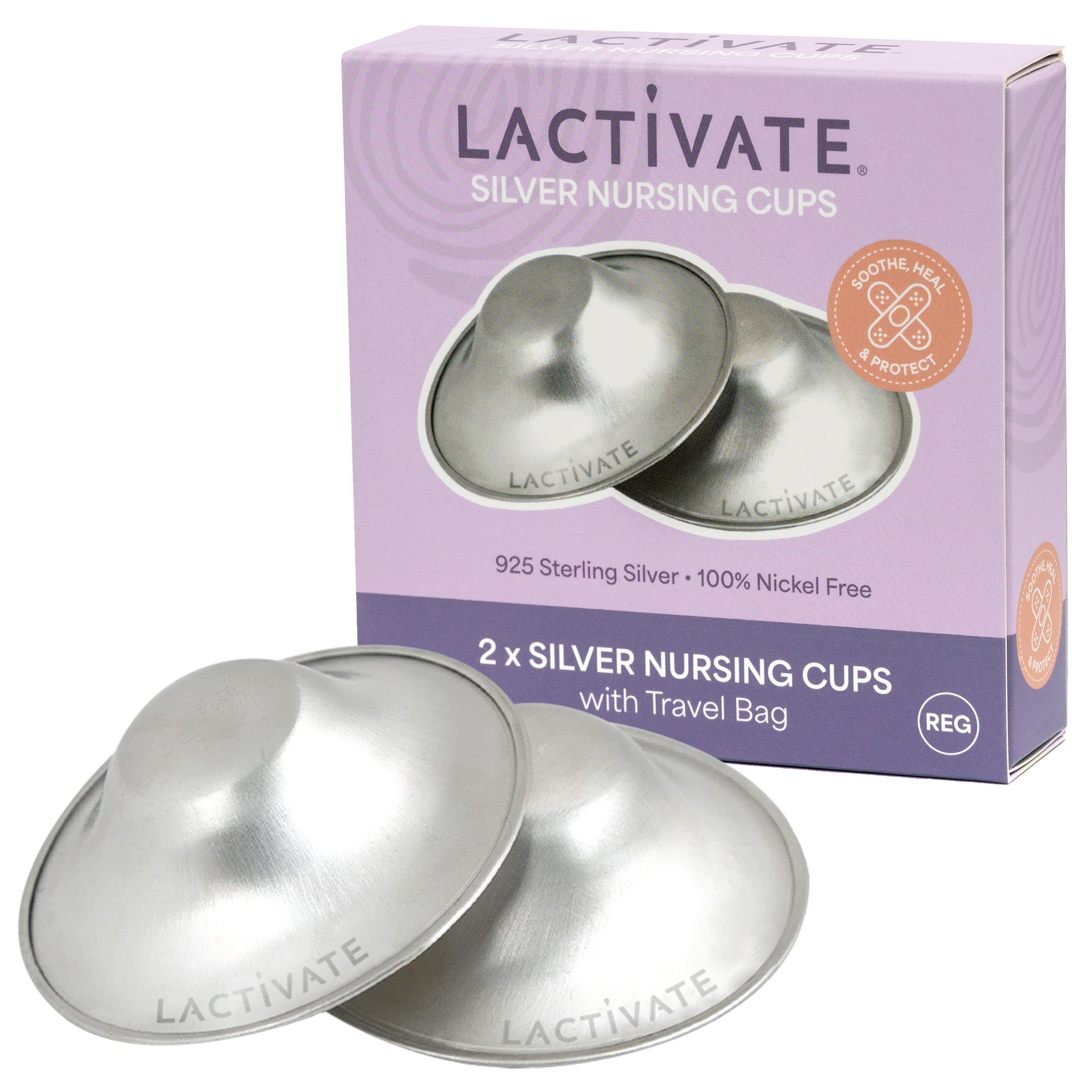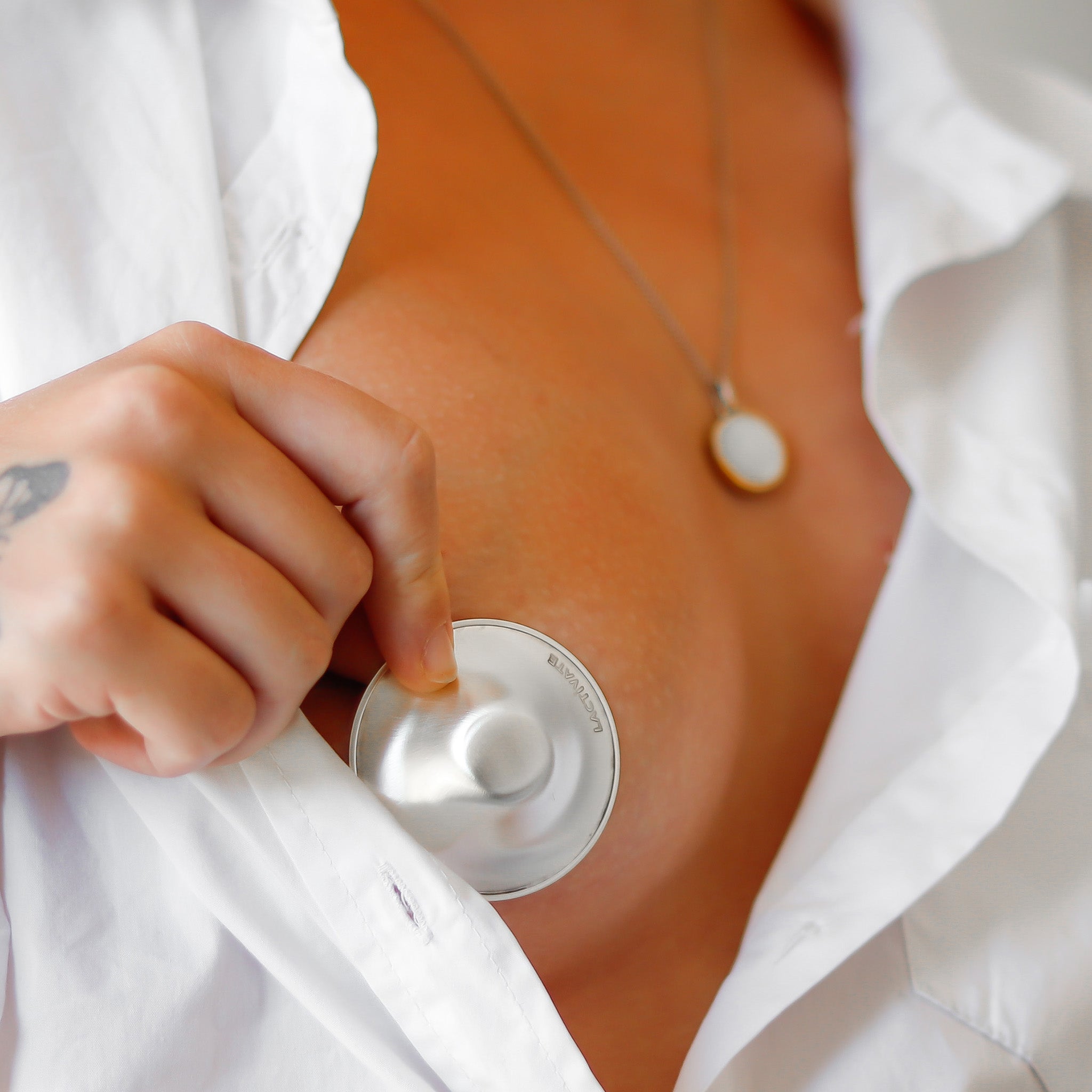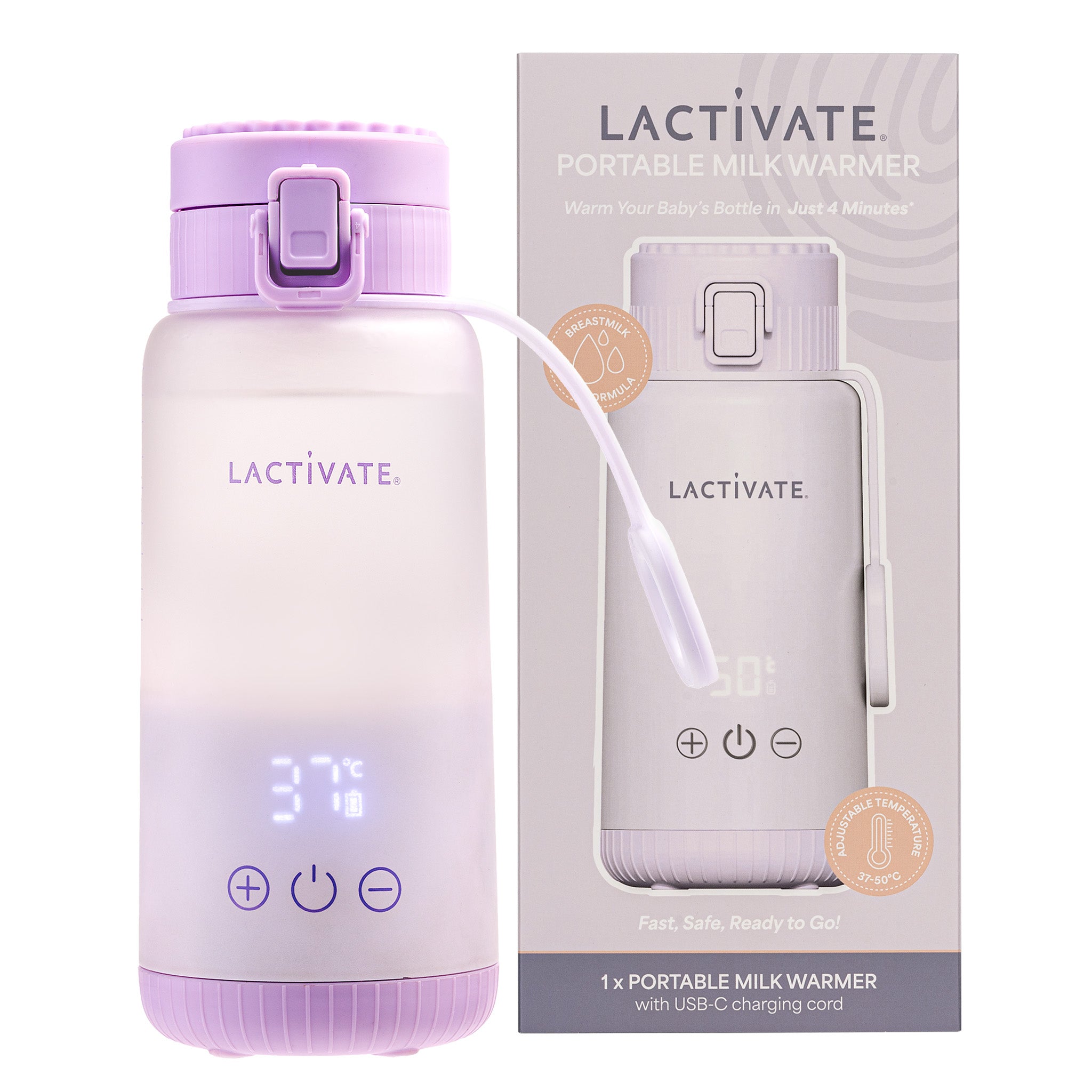Hormones. Those pesky little chemical messengers that seem to run the show at various times of our lives! As women, we aren’t strangers to the impact hormones can have on our bodies and minds. Our monthly menstrual cycle involves a veritable avalanche of hormones all working in conjunction to prepare the body for birth.
The postpartum period (the days, weeks and months after birth) sees a similar flood of hormonal activity, just in different quantities. So who are these hormones, what do they actually do, and, possibly most importantly, how can we stay in their good books? Read on to find out!
Oestrogen and progesterone
Ahh the dynamic duo of female hormones! Oestrogen and Progesterone are our main reproductive hormones and they have some pretty important jobs to do. From controlling puberty, pregnancy and our menstrual cycle to impacting sleep and moods, these guys have a hand in a lot of what goes in our bodies. As the primary pregnancy hormones, your body will really up the ante during pregnancy, producing more oestrogen in that period than is produced throughout your entire non-pregnant life.
After birth these hormones will decline rapidly which can sometimes cause the ‘baby blues’ in the days after birth. As you move into the postpartum period, these hormones will eventually return to their normal, pre-pregnancy levels.
Prolactin
As your oestrogen and progesterone levels decline, your Prolactin levels begin to soar. This is because the prolactin hormone is responsible for setting your body up for breastfeeding and post-birth is when it really switches into high gear. Prolactin will help your breast tissue to develop and kick start your milk production. Prolactin levels will be impacted by your baby attaching to and suckling at the breast which is why demand feeding is encouraged in the first days and weeks after birth. Prolactin can also impact your menstrual cycle and is the reason why many women don’t see their period return while breastfeeding regularly.
Oxytocin
Ahh the famous ‘love’ hormone! Oxytocin is a hormone that plays a crucial role in childbirth and has a huge impact on your emotions post birth.
During labour, the body naturally releases oxytocin, which stimulates uterine contractions and helps facilitate the progress of labour. After birth, oxytocin levels still remain high, especially during things like skin to skin. Oxytocin levels will decrease after birth and return to normal over the following weeks. Snuggling with your baby, breastfeeding and generally spending time bonding are all ways you can continue to give your oxytocin a boost in the postpartum period.
hCG
hCG or Human Chorionic Gonadotropin (hCG) is a hormone produced by the placenta during pregnancy. It’s the hormone that your pregnancy test will detect when you pee on it! hCG is also responsible for the lovely symptoms many of us experience in early pregnancy. Nausea, vomiting, extreme fatigue, we’re looking at you. hCG starts to leave your system straight after birth and is generally completely gone within 3 - 4 weeks. I’s the reason many niggling pregnancy symptoms disappear once the baby is out!
Relaxin
Another hormone that seems to do work for both good and evil! Relaxin is produced by the ovaries and uterus during pregnancy to do what its name suggests: relax the essential muscles like the uterus and cervix so that they are ready for birth. The downside? Relaxin can also have an impact on your other parts of the body, causing them to loosen to the point of causing pain. Those who may have suffered SPD (symphis pubis dysfunction) will be well aware of the impact of relaxin on the pelvis and hips. In a word? OUCH! Relaxin levels will stabilise after birth but can remain elevated which is why a steady return to exercise is advised.
Thyroid Hormones
Our Thyroid hormones, including thyroxine (T4) and triiodothyronine (T3) can take a bit of a battering postpartum. Some women may find they experience a condition called postpartum thyroiditis. This means your thyroid may become overactive (hyperthyroidism) followed by becoming under-active (hypothyroidism). If you have a history of thyroid conditions or notice symptoms within yourself that just don’t feel quite right, it is a good idea to speak to your doctor who can order a simple blood test to check your levels.
Endorphins
The feel good hormone! The body releases Endorphins during labour to help manage pain and stress. These hormones hang around postpartum and play a role in reducing stress, promoting well-being, and giving you a little boost as you adjust to life with a new baby.
How to wrangle your hormones post partum
Like with many bodily functions, you don’t have a huge amount of direct control over your hormones. They will kind of do their thing in the background, and, short of medication designed to perform a specific function, you’ll hopefully not be too bothered by them!
That being said, our whole body, including hormones, responds well to a happy, healthy new mum. The postpartum period is tough. And exhausting. And did we mention tough? Prioritising rest when and where you can (and this doesn’t have to be sleep, rest is rest), staying well hydrated and trying to ensure you eat enough nourishing food can have a hugely positive impact on your body, mind and hormones.
Spending time outdoors in the fresh air and sunlight, connecting as much as possible with your partner, friends and love ones and, when you can, enjoying some self care practices (this can literally be a coffee drunk hot while scrolling Instagram) can also go a long way in helping you not just survive but thrive.


